Measles is a serious but preventable illness. Thanks to high vaccination rates in the United States, the risk of widespread measles transmission remains low. Still, cases do occur, especially among unvaccinated individuals and travelers returning from countries where measles is more common. Understanding how measles spreads, what symptoms look like, and how to prevent infection is key to keeping yourself and your community safe.
What Is Measles?
Measles is a highly contagious viral respiratory illness. It spreads through the air when someone with the virus coughs or sneezes and can linger in the air or on surfaces for hours. It’s one of the most contagious diseases known—about 90% of unvaccinated people who are exposed will become infected. While most people recover, measles can lead to serious complications, particularly in young children:
- 1 in 5 people with measles is hospitalized
- 1 in 20 develops pneumonia
- 1 in 1,000 develops encephalitis (brain swelling)
- 1 to 3 out of every 1,000 people infected die from measles
Globally, about 10 million people contract measles each year, and approximately 110,000 die, most of them children under 5.
Symptoms of Measles
Symptoms usually appear 7–14 days after exposure and may include:
- High fever (up to 104°F)
- Cough
- Runny nose
- Red, watery eyes
- White spots in the mouth (Koplik spots)
- A red, blotchy rash that spreads from the head to the rest of the body (usually 3–5 days after the initial symptoms)
If you think you or your child may have measles, call your healthcare provider or public health department right away.
The Best Protection: MMR Vaccine
The MMR vaccine protects against measles, mumps, and rubella and is both safe and effective. Two doses provide long-lasting immunity.
Routine Recommendations:
- Children:
- First dose at 12–15 months
- Second dose at 4–6 years
- Adults:
- Should have one or two doses, depending on age and risk
- Most people born before 1957 are considered immune
- Those with an uncertain vaccination history should consult their provider
Most adults do not need booster doses if they were vaccinated as children—unless they fall into a special category, such as healthcare workers, college students, or international travelers.
Additional Vaccination Guidance for Travelers
Travelers may need additional protection depending on their destination and age. If you’re planning to travel internationally, follow these CDC recommendations:
- Infants (6–11 months): One early dose of MMR vaccine (must still follow the full routine schedule later)
- Children 12 months or older, teens, and adults born after 1957: Two doses of MMR, at least 28 days apart, with the second dose ideally given two weeks before departure
For the most up-to-date travel vaccine guidance, visit the CDC’s Travelers’ Health site.
What to Know About Current Measles Cases
Recent measles cases in the U.S. have primarily been linked to international travel and outbreaks in communities with lower vaccination rates, including some areas in Texas and other states. However, because the majority of Americans are vaccinated, the overall risk to the general population remains low.
What to Do If You Suspect Measles
If you or someone in your family shows symptoms, call your provider before visiting a clinic. This helps reduce the risk of exposing others, especially vulnerable patients like infants or people with weakened immune systems. Healthcare providers and labs are required to report confirmed or suspected measles cases immediately to public health authorities.
Where to Find Reliable Information
- CDC: Measles, Mumps, and Rubella (MMR) Vaccine Info
- CDC Measles Outbreak Data
- WHO Global Measles Surveillance
For Alaskans, local information is available via State of Alaska Department of Health
Measles is preventable. The MMR vaccine remains our best defense. Whether you’re a parent making sure your child stays on schedule, an adult checking on past immunizations, or planning international travel, staying informed and protected benefits everyone. If you have questions about your vaccination status or need help accessing vaccines, talk to your healthcare provider or local health department.


